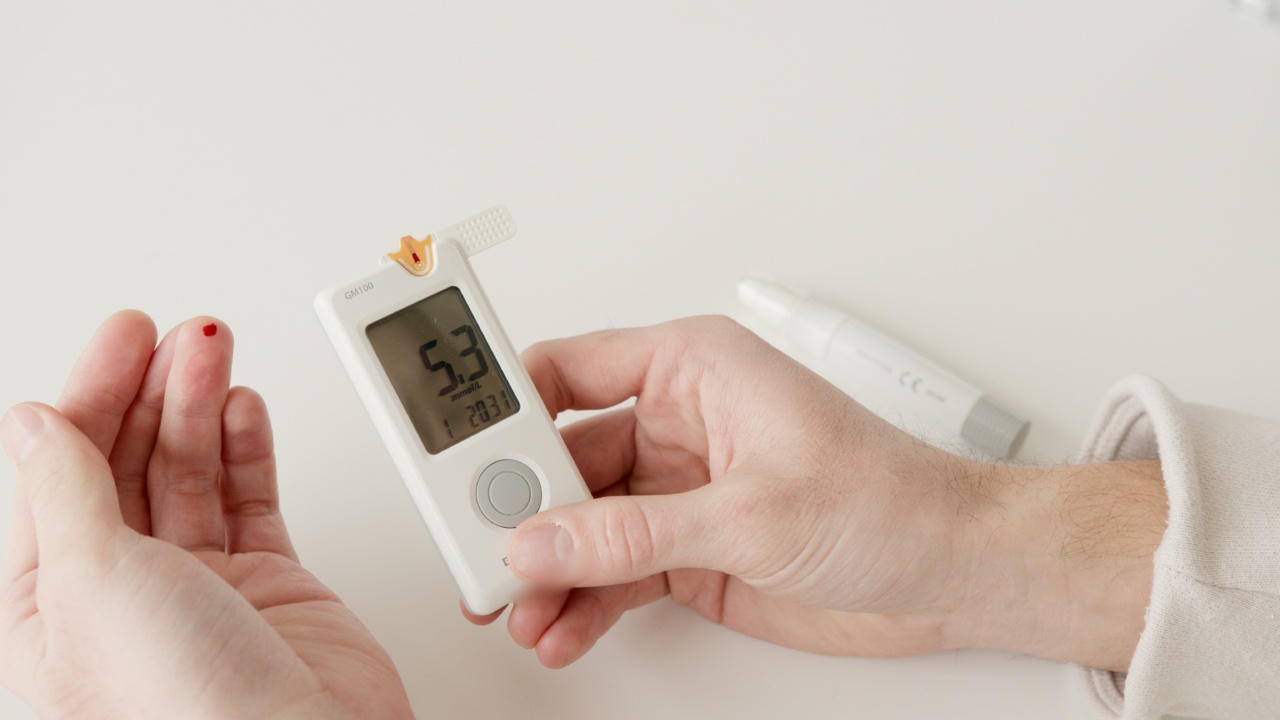Omega-3 fats are a type of polyunsaturated fatty acids that are essential for our health. They play a crucial role in our body’s functions, and are beneficial in maintaining cardiovascular health.
In recent years, studies have found a link between omega-3 fats and blood pressure levels. In this article, we will look at how omega-3 fats affect blood pressure levels, and how they can help prevent hypertension.
What are Omega-3 Fats?
Omega-3 fats are a type of polyunsaturated fatty acids that are essential for our health. There are three types of omega-3 fatty acids – Eicosapentaenoic Acid (EPA), Docosahexaenoic Acid (DHA), and Alpha-Linolenic Acid (ALA).
EPA and DHA are found in fatty fish such as sardines, salmon, and mackerel, while ALA is found in plant sources such as flaxseed, chia seeds, and walnuts.
Omega-3 fats play a crucial role in our body’s functions. They are important for the formation of cell membranes, and help in the production of hormones that regulate blood clotting and inflammation.
They also help in maintaining cardiovascular health by lowering triglycerides, improving endothelial function, and reducing blood pressure levels.
How Do Omega-3 Fats Affect Blood Pressure Levels?
Studies have found that omega-3 fats can help in reducing blood pressure levels. High blood pressure or hypertension is a common health condition, and is a major risk factor for heart disease, stroke, and kidney failure.
In a study published in The American Journal of Clinical Nutrition, researchers found that supplementing with omega-3 fats reduced blood pressure levels in individuals with hypertension. Another study published in the Journal of Hypertension found that omega-3 fats improved endothelial function, which is important for regulating blood pressure levels.
Omega-3 fats work by reducing inflammation, which is a major contributor to hypertension.
Chronic inflammation can lead to the destruction of the inner lining of blood vessels, leading to the formation of plaques that can narrow the blood vessels and increase blood pressure levels. Omega-3 fats, especially EPA and DHA, have anti-inflammatory properties that can help in reducing inflammation and preventing damage to blood vessels.
They also help in improving endothelial function and dilating blood vessels, which can help in lowering blood pressure levels.
How Much Omega-3 Fats Should You Consume?
According to the American Heart Association, individuals should consume at least two servings of fatty fish per week to get enough omega-3 fats. A serving size of fish is typically 3.5 ounces, or about ¾ cup.
Individuals who do not eat fish can get omega-3 fats from other sources such as flaxseed, chia seeds, and walnuts.
In addition, individuals who have hypertension or are at risk of hypertension can benefit from taking omega-3 supplements. The American Heart Association recommends taking 1 gram of EPA+DHA per day for individuals with cardiovascular disease.
However, individuals should consult their healthcare provider before taking any supplements.
Other Ways to Prevent Hypertension
In addition to consuming omega-3 fats, there are other ways to prevent hypertension. These include:.
- Reducing salt intake – consuming less than 2,300 mg of sodium per day
- Exercising regularly – at least 30 minutes of moderate-intensity activity per day
- Maintaining a healthy weight – body mass index (BMI) of less than 25
- Reducing alcohol consumption – no more than one drink per day for women, and no more than two drinks per day for men
- Managing stress – engaging in relaxation techniques such as yoga and meditation
Conclusion
Omega-3 fats are essential for our health, and play a crucial role in maintaining cardiovascular health.
Studies have found that omega-3 fats can help in reducing blood pressure levels, and can benefit individuals with hypertension or at risk of hypertension. Consuming at least two servings of fatty fish per week, or taking supplements, can help in getting enough omega-3 fats.
In addition, individuals can prevent hypertension by reducing salt intake, exercising regularly, maintaining a healthy weight, reducing alcohol consumption, and managing stress.




























